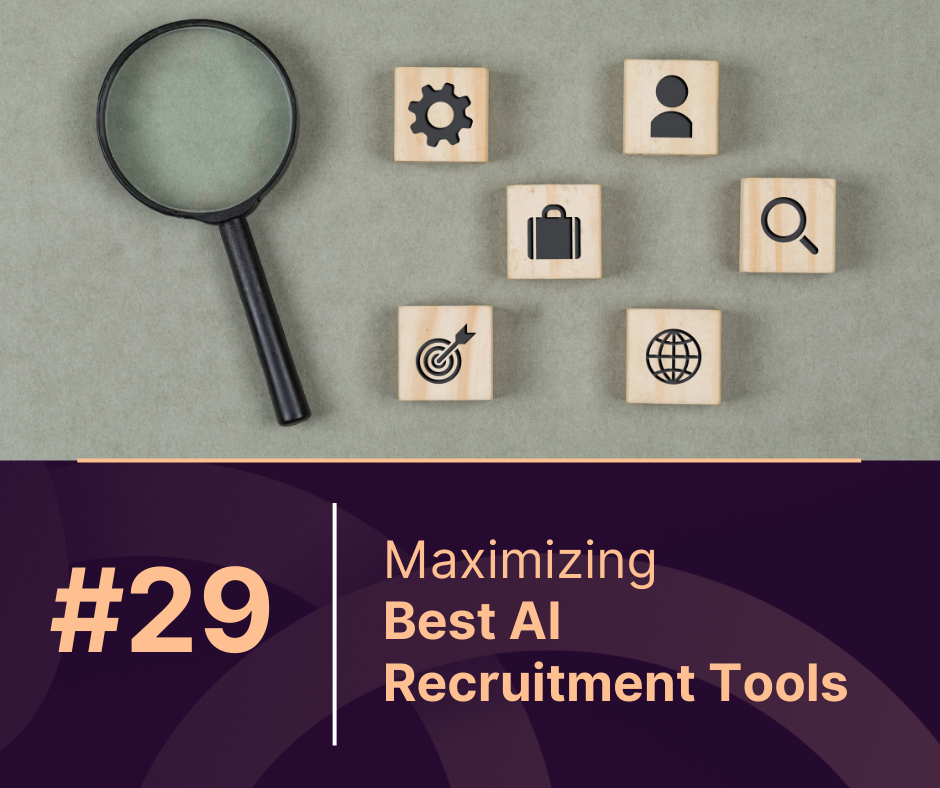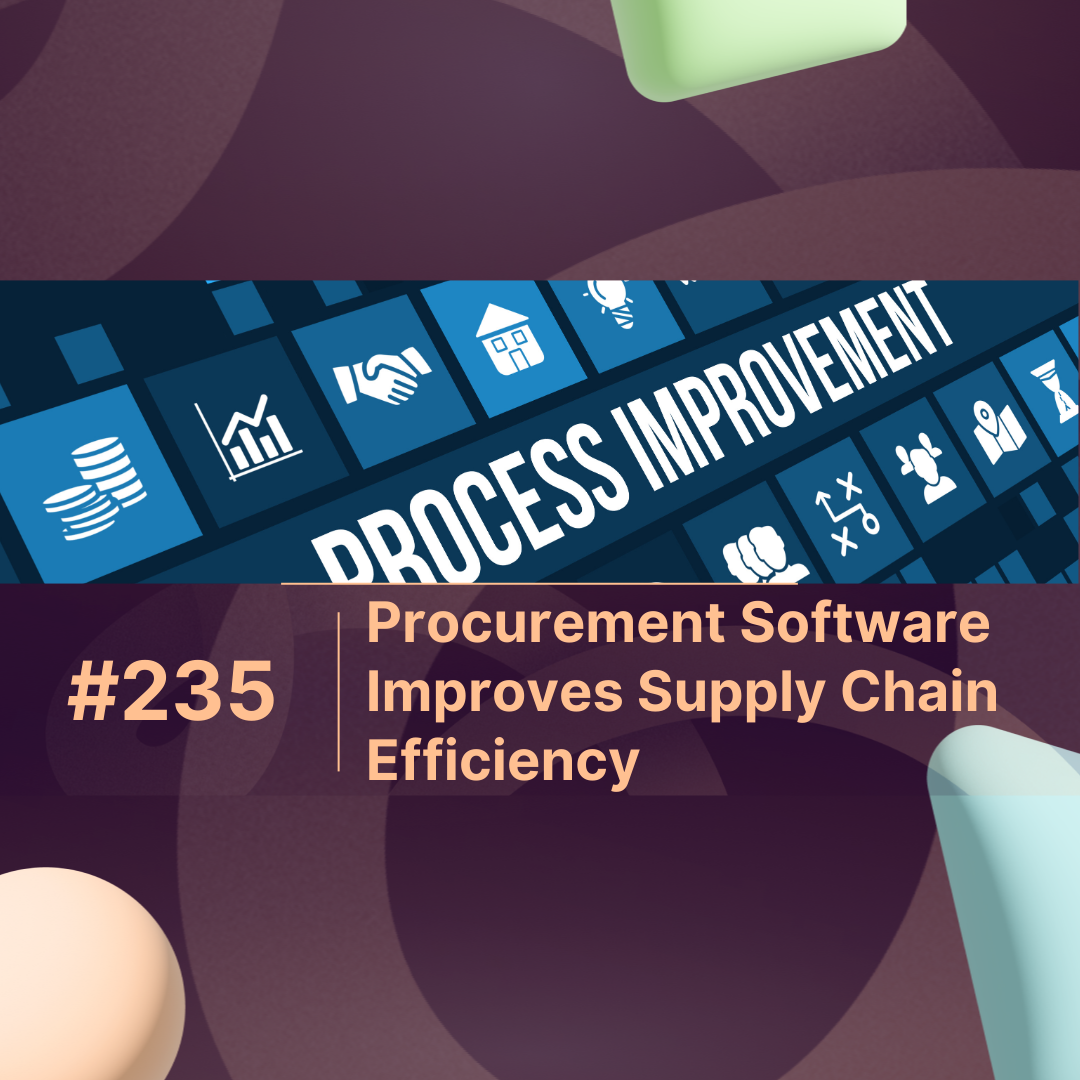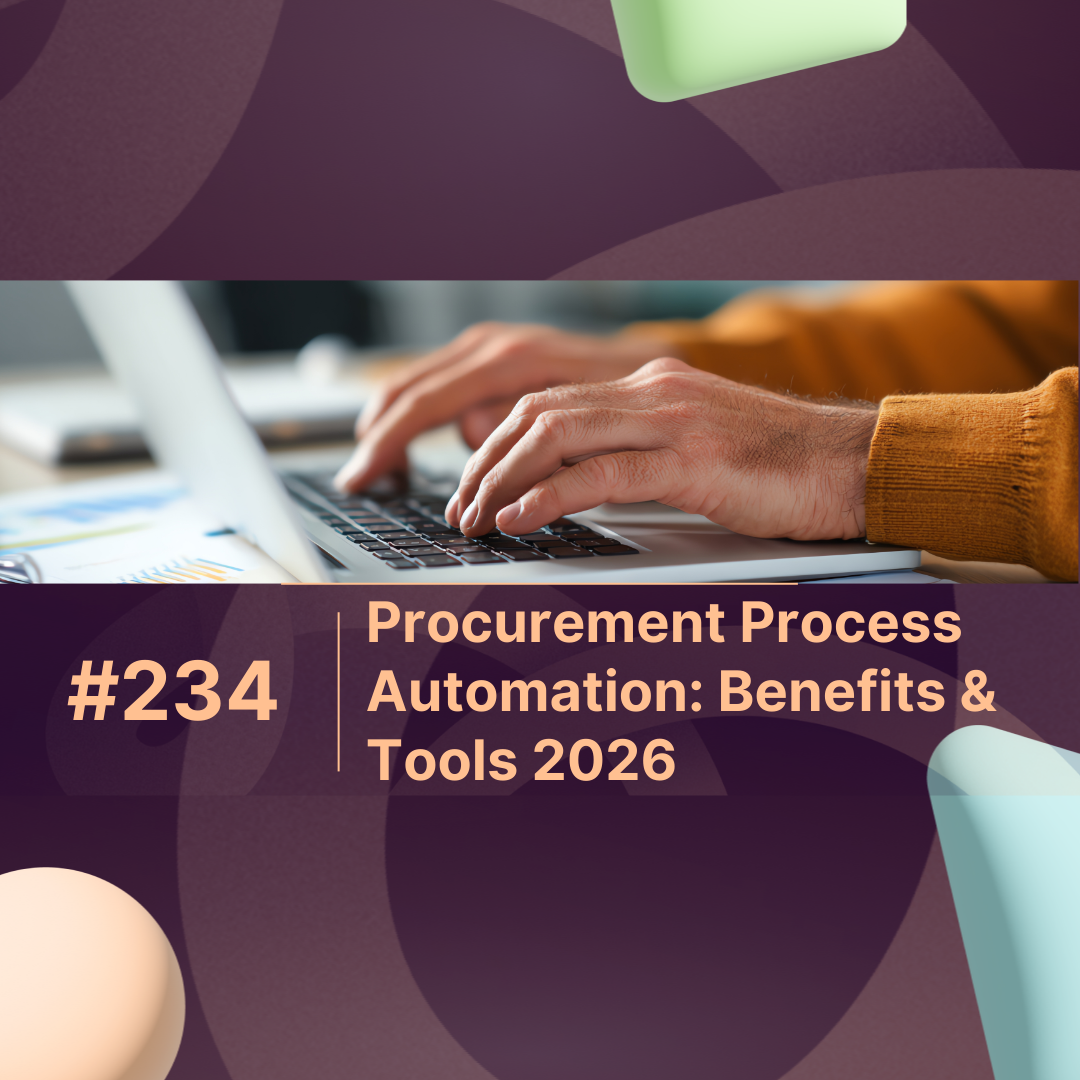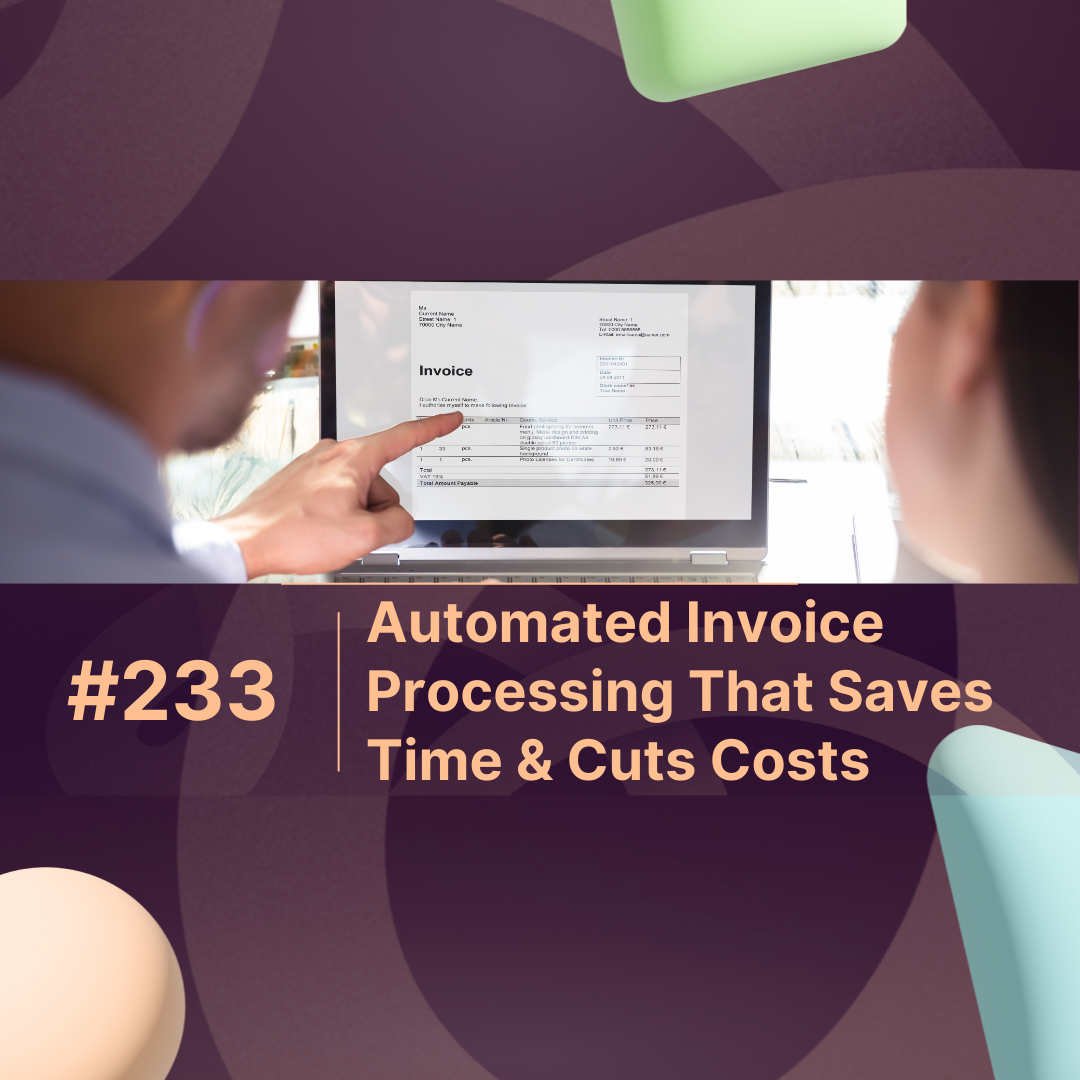In today’s fast-paced business environment, where every second counts, finding and securing the right talent is crucial for organizational success. Traditional methods, while still effective, often fall short of meeting the increasing demands of a competitive job market. Enter AI recruitment tools—an innovative solution designed to streamline the hiring process, enhance candidate experience, and ensure that the best talent is identified quickly and efficiently.
Understanding AI Recruitment Tools
AI recruitment tools leverage advanced algorithms and machine learning technologies to automate various aspects of the process. From sourcing candidates to screening resumes and even conducting initial interviews, these tools help HR professionals save time and focus on strategic activities rather than administrative tasks. They analyze vast amounts of data, providing insights that can improve decision-making and ultimately lead to better hires.
The Benefits of Using AI Recruitment Tools
- Efficiency in Sourcing Candidates
One of the most time-consuming aspects of recruitment is sourcing candidates. AI tools can quickly sift through millions of online profiles, job boards, and social media platforms to identify potential candidates. By utilizing machine learning algorithms, these tools can analyze skills, experiences, and other criteria to find individuals who best match the job requirements. This not only saves time but also increases the chances of finding suitable candidates that might otherwise go unnoticed.
- Enhanced Resume Screening
Manual resume screening can be tedious and prone to human error. AI tools automate this process by using natural language processing (NLP) to analyze resumes and match candidates with job descriptions. This technology can quickly identify key qualifications, skills, and experiences that align with the specific needs of the position, enabling recruiters to focus on the most promising candidates. As a result, the screening process becomes faster and more accurate.
- Bias Reduction in Hiring
Unconscious bias in hiring is a well-documented issue that can negatively impact workplace diversity and inclusion. AI tools can help mitigate bias by standardizing the evaluation process. By focusing on skills and qualifications rather than demographic factors, these tools ensure a fairer assessment of candidates. This leads to a more diverse and inclusive workplace, which has been shown to enhance creativity and innovation within teams.
- Data-Driven Insights
AI recruitment tools provide valuable data-driven insights that can inform hiring strategies. By analyzing trends in candidate behavior, application rates, and other metrics, these tools can help organizations understand what works and what doesn’t in their recruitment processes. For instance, AI can identify which sourcing channels yield the best candidates or highlight areas where the application process may be causing candidates to drop off. This information enables organizations to continuously refine their strategies for better results.
- Improved Candidate Experience
A positive candidate experience is essential for attracting top talent. AI tools can enhance this experience by streamlining communication and providing timely updates to candidates throughout the hiring process. Chatbots, for instance, can answer common questions, schedule interviews, and even provide feedback—all in real-time. This not only keeps candidates engaged but also demonstrates that the organization values their time and effort.
Choosing the Best AI Recruitment Tools
With numerous AI recruitment tools available in the market, it’s essential to choose the right one that aligns with your organization’s needs. Here are some factors to consider when evaluating AI solutions:
- Functionality: Look for tools that offer a comprehensive suite of features, including candidate sourcing, resume screening, interview scheduling, and analytics. The best tools provide an end-to-end solution that can manage the entire process.
- User-Friendliness: The tool should be easy to use for both recruiters and candidates. A user-friendly interface minimizes the learning curve and ensures that all stakeholders can navigate the system effectively.
- Integration Capabilities: The best AI recruitment tools can seamlessly integrate with your existing HR systems, such as applicant tracking systems (ATS) and human resource information systems (HRIS). This ensures a smooth flow of data and reduces the risk of errors.
- Customization: Every organization has unique hiring needs. Choose a tool that allows for customization, enabling you to tailor the system to fit your specific requirements and workflows.
- Support and Training: Ensure that the tool comes with robust customer support and training resources. This will help your HR team maximize the tool’s capabilities and troubleshoot any issues that may arise.
Conclusion
Maximizing talent acquisition in today’s competitive job market requires innovative solutions that can streamline the recruitment process and enhance candidate experiences. The best AI tools provide organizations with the efficiency, data-driven insights, and fairness necessary to attract and retain top talent. By leveraging these tools, businesses can not only improve their hiring processes but also foster a diverse and inclusive workplace culture. As technology continues to evolve, integrating AI into recruitment strategies will become increasingly essential for staying ahead of the competition and securing the best talent available. Embracing these tools today will pave the way for a more effective and strategic approach to talent acquisition in the future.
Questions:
1. What are AI recruitment tools, and how do they work?
AI recruitment tools are advanced software solutions that leverage machine learning algorithms and automation to enhance various aspects of the process. They assist in sourcing candidates, screening resumes, and even conducting initial interviews. These tools analyze vast amounts of data to match candidates with job requirements, saving time and improving the efficiency and accuracy of hiring.
2. How can AI recruitment tools improve the candidate sourcing process?
AI tools use machine learning algorithms to quickly scan online profiles, job boards, and social media platforms, identifying potential candidates who meet the job criteria. By automating this process, recruiters can save time and increase the chances of discovering suitable candidates that might otherwise be overlooked.
3. How do AI recruitment tools help reduce bias in hiring?
AI recruitment tools help reduce unconscious bias by standardizing the evaluation process. These tools focus on skills, qualifications, and experience rather than demographic factors like age, gender, or ethnicity. This ensures a fairer and more objective assessment of candidates, promoting workplace diversity and inclusion.
4. What are the benefits of using AI for resume screening?
AI recruitment tools use natural language processing (NLP) to analyze resumes and match them with job descriptions. This process allows for quick identification of key skills and qualifications, enabling recruiters to focus on the most promising candidates. AI-powered resume screening reduces human error, speeds up the process, and improves accuracy in selecting the right candidates.
5. How can AI recruitment tools enhance the candidate experience?
AI tools can improve the candidate experience by streamlining communication, providing real-time updates, and answering questions through chatbots. These tools can also automate scheduling and feedback, keeping candidates engaged throughout the hiring process. A smoother and more responsive experience helps attract top talent and improves the organization’s image.
6. What data-driven insights can AI recruitment tools offer?
AI recruitment tools provide valuable insights by analyzing trends in candidate behavior, sourcing channels, application rates, and drop-off points in the hiring process. These insights help organizations refine their strategies, understand which channels are most effective, and identify areas that may need improvement to attract more qualified candidates.
7. What factors should organizations consider when choosing an AI recruitment tool?
When selecting an AI recruitment tool, organizations should consider functionality, user-friendliness, integration capabilities, customization options, and support/training resources. The tool should provide a comprehensive solution, be easy to navigate, integrate with existing HR systems, allow customization to meet specific hiring needs, and offer reliable customer support to ensure smooth implementation and use.



